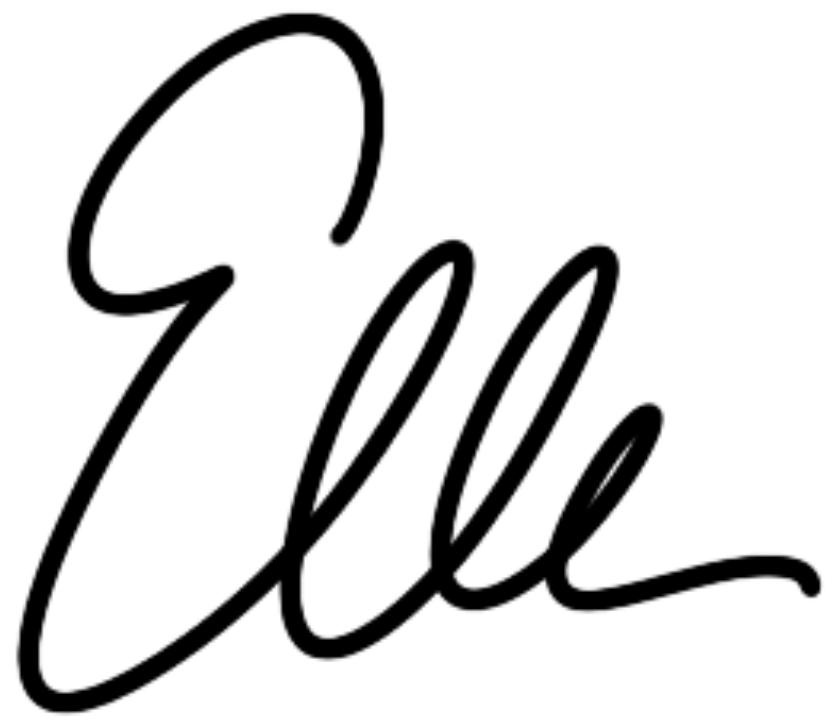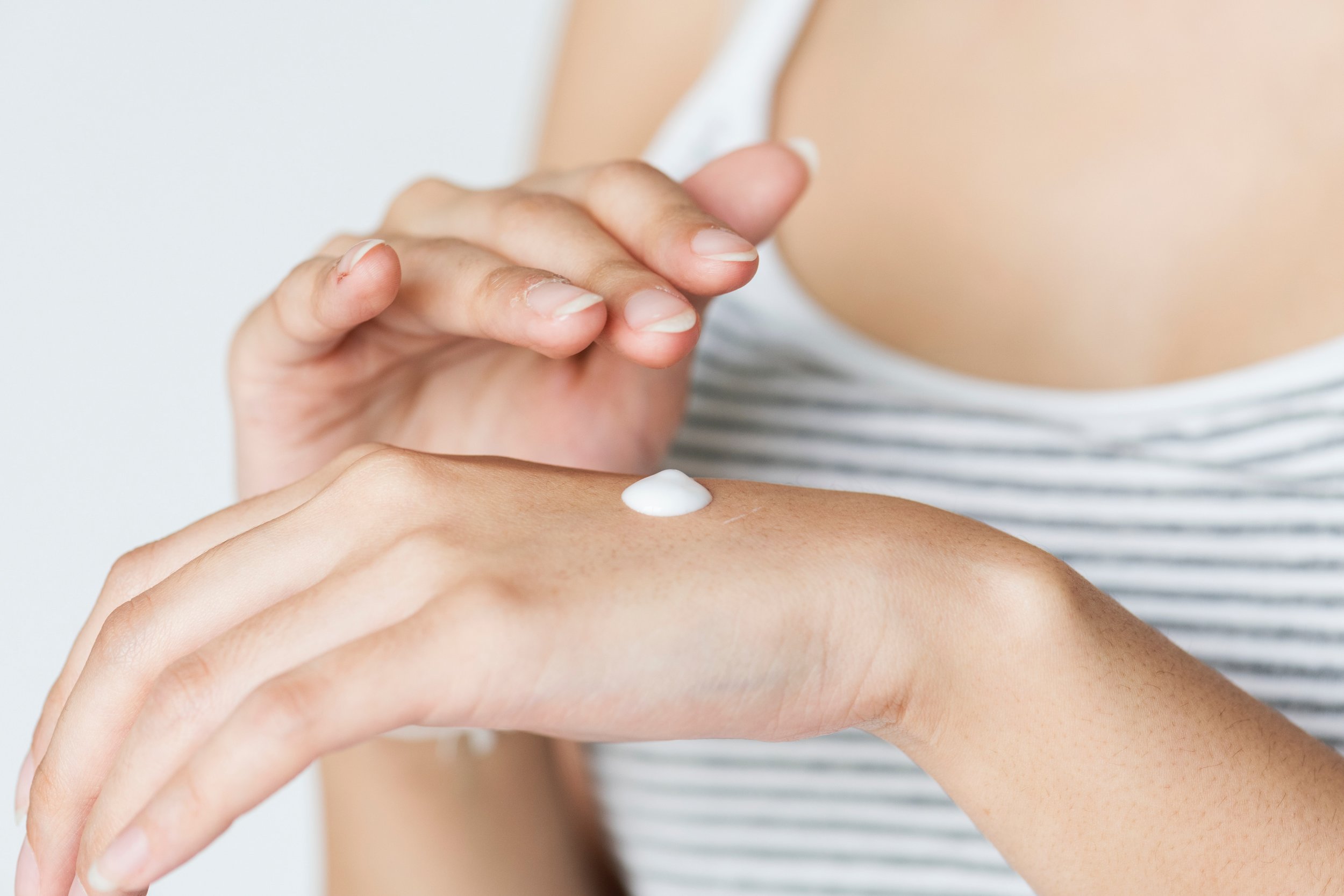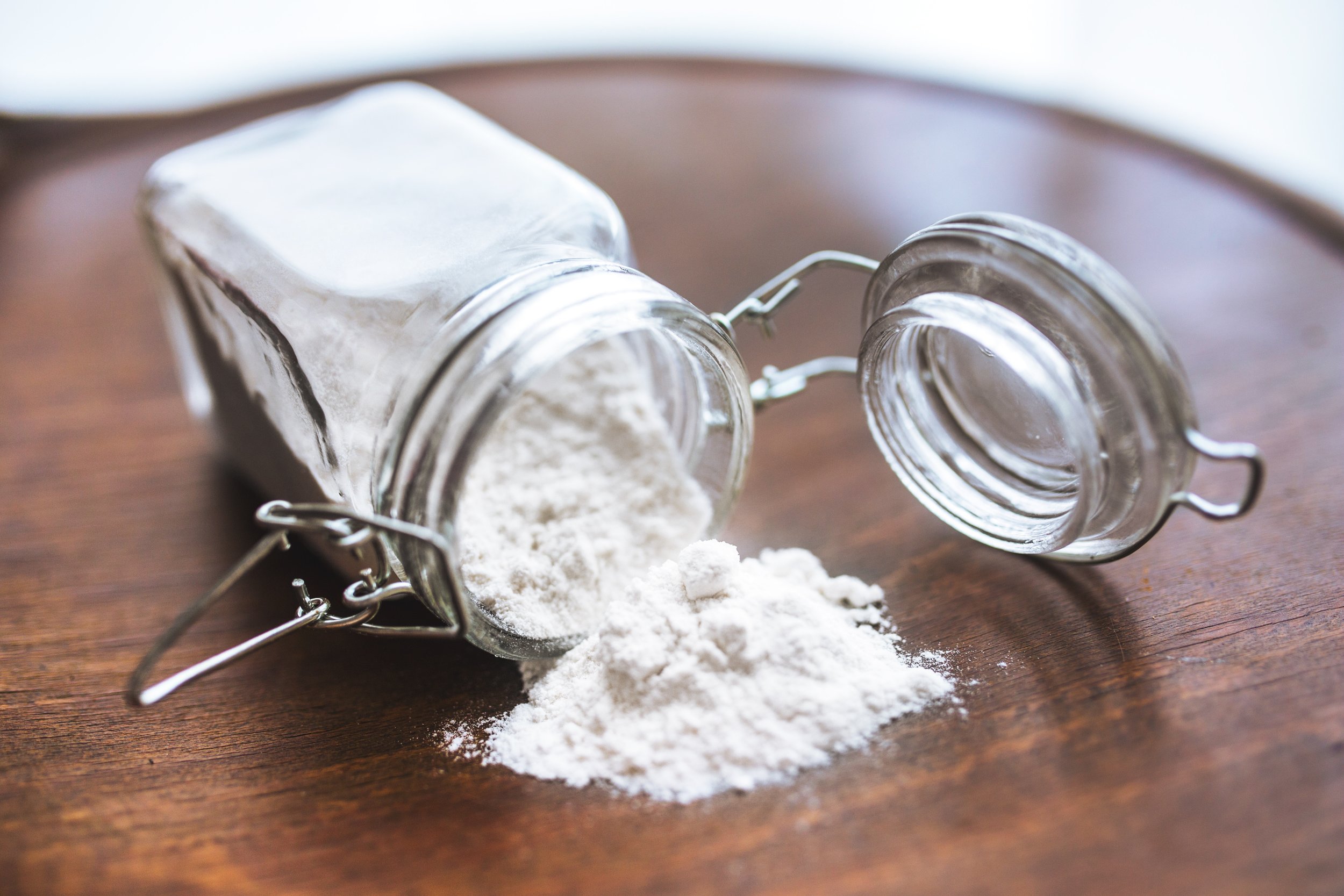The Beauty Of Collagen
We’ve all heard of collagen in some form or another. Most of us probably think of collagen as the stuff old ladies inject into their skin to reduce the appearance of the dreaded wrinkle.
However, collagen is actually much more complex and quite a bit more useful.
WHAT IS COLLAGEN?
Collagen is actually a protein—the most abundant one in the human body, in fact. While we have many different kinds of proteins in our bodies that are vital to body function, collagen is important because it is a connective tissue that works to hold everything together.
Collagen is essentially a building block for our skin, tendons and bones. We need collagen internally for healthy skin, to naturally heal wounds, and for our bones and joints to function at their highest level. Unfortunately, by age 30, our natural collagen stores begin to deplete at an alarming rate. Oh, the joys of getting older.
COLLAGEN AS A PRODUCT
Because our collagen stores naturally deplete with age, adding a collagen source to your diet or skincare routine is a great idea.
Collagen is available in several forms, the most popular being ingestible collagen and topical creams. Collagen creams, moisturizers and serums have been touting anti-aging benefits for years, but in reality, they don’t do much more than moisturize your skin. Collagen is such a large molecule that it can’t penetrate your skin and really heal it if applied from the outside.
Ingestible collagen, however, has been proven to not only improve skin from the inside out, but also promote a slew of additional benefits for our internal systems. Collagen has been purported to repair a leaky gut, strengthen hair, skin and nails, prevent joint pain, support weight management, protect your heart, support bone repair, and improve liver function.
HOW DOES INGESTIBLE COLLAGEN WORK?
Your body is able to internally absorb collagen supplements because of a complicated process called hydrolyzation, which is the process of breaking down the large collagen molecule into a smaller, bioavailable component. This is known as a collagen peptide. Peptides are small enough to be able to be absorbed into your body.
When you ingest collagen peptides, they are absorbed into your bloodstream through the small intestine. From there, they are distributed throughout the body and eventually to your skin through blood vessels.
At your skin’s dermis, collagen peptides stimulate fibroblasts that mimic your own native collagen and produce elastin, which is what makes skin look and feel younger. The presence of vitamin C helps collagen synthesis; so many collagen powders and supplements include vitamin C as an added boost.
TYPES OF COLLAGEN PEPTIDES
Collagen isn’t just a one-and-done protein; there are several different types of collagen that are found in different places throughout our bodies. Here is a quick breakdown of what each type is and what it does for us.
Type-I: Makes up 80 percent of the dermis of our skin and is the best collagen for gut healing. Type-I is best paired with Type-III as together they include 19 out of 20 amino acids and make up 90 percent of the collagen in our bodies.
Type-II: Produced by chondrocytes (Non-Cellular Matrix of cartilage), which is a liquid-like filling within our cartilage and makes up 50 percent of the cartilage in our bodies. This type is best taken before bed and on its own for adequate absorption. Type-II has been shown to reduce arthritis and other joint inflammation diseases.
Type-III: Most abundant in babies, which is why their skin is so plump and soft! As we age, Type-III is replaced with Type-I and makes up 15 percent of the dermis of our skin. Type-III is most effective when taken with Type-I.
Type-V: It’s not as well-known, but this type of collagen is pivotal for overall collagen fibril assembly in our bodies. It is extremely beneficial for women who are pregnant because it contributes to the healthy development of the placenta, hair, and cell surfaces.
Type-X: This type is most significant for bone health and is especially important for bone and cartilage healing after injury.
COLLAGEN ISN’T PERFECT
One of the biggest critiques of collagen is that it isn’t a complete protein, which means it only contains eight of the nine essential amino acids your body needs. On top of that, the amino acids it does contain aren’t in equal amounts, making collagen an “incomplete” protein.
All this essentially means is that collagen shouldn’t completely replace your other protein sources, like chicken or eggs. However, that doesn’t mean taking a collagen peptide supplement doesn’t have merit.
HOW TO GET YOUR
COLLAGEN FIX
Before you go out and buy the first tub of collagen you see, it’s important to know where your chosen collagen peptides are coming from. The most common collagen source is bovine, which means it comes from the bones or skin of cows. It’s common because it is the least expensive to extract, but you want to make sure the beef is grass-fed so you don’t have any additional chemicals leaking into your collagen. Bovine is a great source of Type-I and Type-III collagen.
Another common source of collagen is marine, which is extracted from the skin and scales of cold-water fish. These collagen peptides have smaller molecules, which are easier for the body to absorb because they enter the bloodstream quicker through the intestinal wall. Marine collagen is a great source of Type-I.
One of the most popular ways of ingesting collagen is through a powder. What’s great about most collagen powders is they’re colorless and odorless, which means they can be added to your morning coffee, an after-workout protein smoothie, or even a simple glass of juice. Others enjoy taking a collagen supplement in pill form, similar to your daily multi-vitamin.


